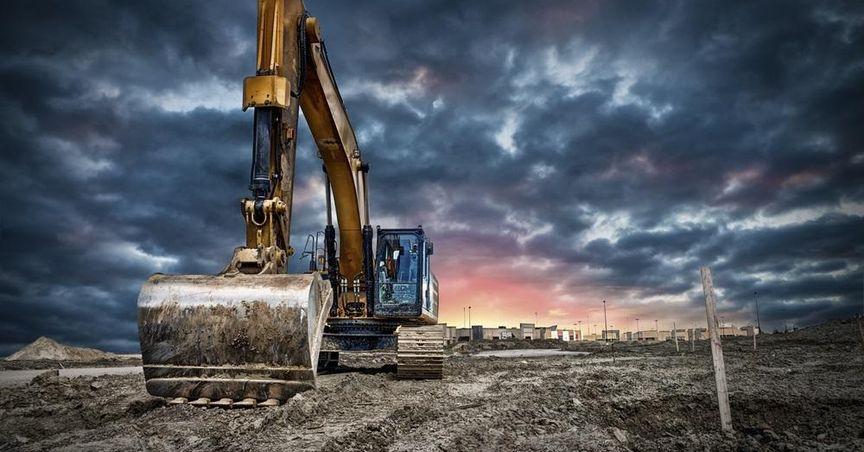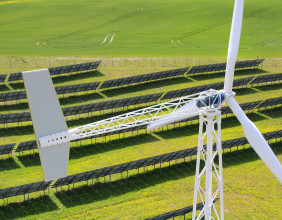Highlights
- Lynas warns of continued price volatility in rare earths.
- Chinese market conditions remain key to price stability.
- Global efforts increase to reduce dependence on Chinese rare earths.
Lynas Rare Earths (ASX:LYC) has cautioned that rare earth prices are unlikely to stabilize in the near term, emphasizing that market conditions depend heavily on the economic trajectory of China. The miner, known for being the largest producer of rare earths outside China, underscored these concerns during its recent annual shareholder meeting.
Chairman John Humphrey addressed shareholders, highlighting a significant decline in the average price of key rare earth elements, neodymium and praseodymium (NdPr). These materials are essential components in various high-tech applications, such as air conditioning systems and aircraft engines. He noted that the average domestic price for NdPr in China dropped from US$60.4 per kilogram in mid-2023 to US$44 in the same period this year. Despite some recent improvements in prices, Humphrey remarked that sustained stability is unlikely until there is a resurgence in the Chinese economy.
Rare earth materials are critical to the production of hybrid and electric vehicles, electronics, wind turbines, and even defense systems. However, the global market continues to face headwinds. Increased production quotas in China and a slowdown in electric vehicle sales have exerted downward pressure on prices.
Governments around the world are intensifying efforts to reduce reliance on China’s dominance in rare earth production. Australia, for example, has taken steps to curb Chinese investments in this sector to bolster its own strategic capabilities.
Lynas operates its flagship Mount Weld mine in Western Australia and has invested heavily in downstream processing infrastructure. The company has allocated $800 million to establish a state-of-the-art processing facility in Kalgoorlie, where raw materials are refined into high-purity rare earth elements. Beyond Australia, Lynas also has significant operations in Malaysia, where it produces separated rare earth products for global markets.
These developments reflect the broader challenges faced by rare earth producers as they navigate fluctuating prices and geopolitical tensions. For Lynas, maintaining a leading position in the global supply chain will require continuous adaptation to market dynamics and strengthening domestic capabilities.
The ongoing volatility underscores the critical role of rare earths in modern technology and the strategic importance of diversifying supply chains to reduce global reliance on any single region.




